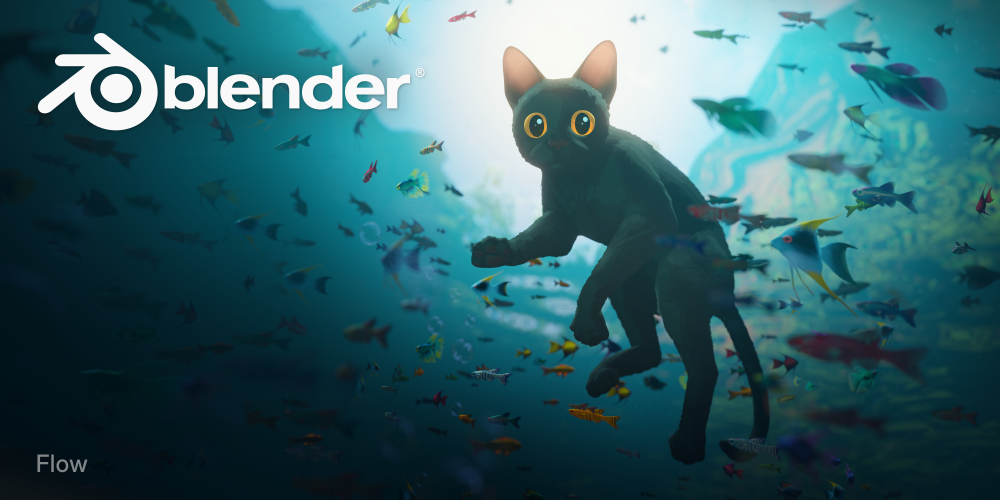The Institute of Evolutionary Biology (IBE) joins CSIC de Cine 2025
The Institute of Evolutionary Biology (IBE) joins CSIC de Cine 2025

For the fourth consecutive year, the Spanish National Research Council (CSIC) is organizing a summer science film series. CSIC de Cine offers free screenings that include a pre-film discussion with researchers, where some of the scientific themes raised in the films are explored.
This edition will feature Javier del Campo, principal investigator of the Microbial Ecology and Evolution Lab at the Institute of Evolutionary Biology (IBE), who will take part in the discussion following the screening of Flow on Friday, September 19.
The screening will take place at the Mediterranean Center for Marine and Environmental Research (CMIMA), a building located on Barceloneta beach that houses the Institute of Marine Sciences (ICM-CSIC), the Marine Technology Unit (UTM-CSIC), and the IBE.
The IBE joins CSIC de Cine with the film Flow
Flow is a Latvian animated film that has won numerous awards, including the Oscar for Best Animated Feature. Its screening on the CMIMA rooftop will be preceded by a bilingual (Catalan and Spanish) discussion on topics such as sea level rise, climate change, and community adaptation to new scenarios.
The event, organized by the Institute of Marine Sciences and moderated by Vanessa Sarah Salvo (ICM-CSIC), will feature Rafel Simó, oceanographer at ICM-CSIC and expert in microbial symbiosis and cooperation, and Javier del Campo, principal investigator at the Institute of Evolutionary Biology (CSIC-UPF), specializing in coevolution and ecological interactions.
About Flow, the film
Flow (no dialogue; Spanish audio description; magnetic loop): A cat wakes up in a world covered in water, where humans seem to have disappeared. It seeks refuge on a boat with a group of other animals. But getting along with them proves to be an even greater challenge than overcoming its fear of water. They will all have to learn to overcome their differences and adapt to this new world.
The Latvian film by Gints Zilbalodis won numerous awards in 2024, including the Oscar, Golden Globe, and BAFTA for Best Animated Feature. Watch the trailer here.
Reservations (starting at 12:00 on 11/09)
All sessions are free, but require prior reservation, which opens one week before the first screening: Thursday, September 11 at 12:00 PM. If seats are still available 10 minutes before the start of each session, people without reservations will be allowed in. The Barcelona venue has 120 seats, filled on a first-come, first-served basis.
Doors open at 6:30 PM and close at 7:00 PM. After the discussion, the film will begin around 7:45 PM.
Note: The schedule may be subject to change.
CSIC de Cine screenings in Madrid
In 2025, CSIC’s summer film series will debut a new venue in Madrid: the Centro de Cultura Contemporánea Condeduque.
The south courtyard of this iconic cultural space will host screenings of:
- Arrival (Thursday, September 18)
- Sorda (Friday, September 19)
- El 47 (Saturday, September 20)
About CSIC de Cine
CSIC de Cine is a science outreach project led by the Vice Presidency for Scientific Culture and Citizen Science (VACC) of the CSIC, with support from the CSIC Delegation in Catalonia and the Institute of Marine Sciences (ICM-CSIC). It aims to bring socially relevant issues to the forefront.
All sessions are free and include popcorn, and feature a pre-film discussion with researchers who explore the scientific themes presented in the films.
This year, the series will once again be inclusive and accessible. Events will include sign language interpreters, live subtitles, and accessible subtitles for people with hearing impairments. There will also be magnetic loops for hearing aid users and audio description receivers for visually impaired attendees. All venues are architecturally accessible.
